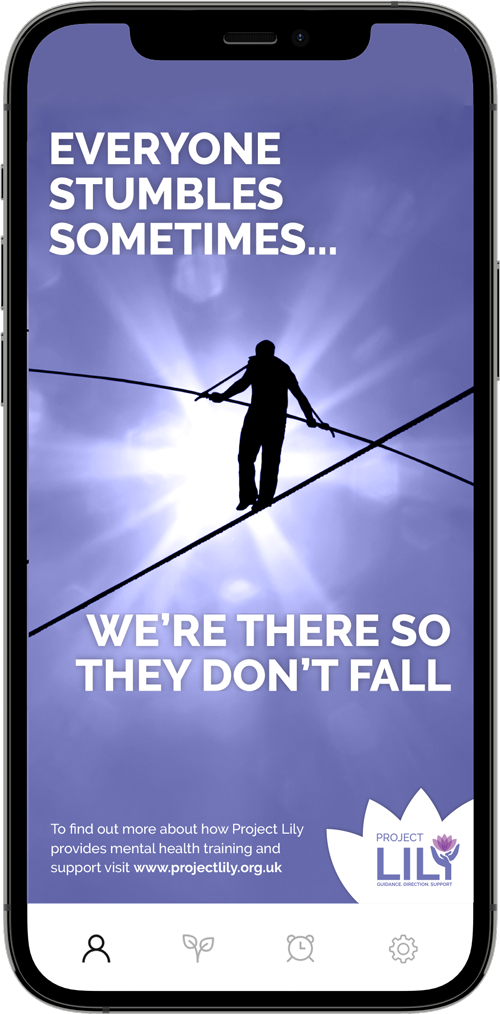[email protected]
Trustees: Rabbi Danny Kirsch, Dr Lisa Kagan & Mr Eli Seliger
Honorary Patron: Lady Elaine Sacks
Copyright LILY 2025 | Design: www.roedz.com | Reg. charity no.: 1171723
When we think about self-care, we often picture bubble baths or going for a walk – but one of the most powerful forms of self-care is much more practical: it’s called behavioural self-care.
Behavioural self-care refers to the everyday actions, habits, and boundaries that help us manage our time, responsibilities, and energy in a healthy way. It’s about the small routines that give us structure and protect our wellbeing – especially when life feels overwhelming.
Examples of behavioural self-care include:
These actions might not sound “relaxing,” but they’re deeply protective. Without structure, we’re more likely to feel overstretched, burnt out, or reactive. When we build in supportive habits – even tiny ones – we give ourselves stability and control.

Importantly, behavioural self-care also means noticing when things are slipping. Are you skipping meals? Pushing through exhaustion? Saying “yes” to things you don’t really have time for? These are signs your behavioural self-care might need attention.
You don’t need a perfect routine – you just need one or two intentional actions that help you feel more grounded and in control. For example, writing a short to-do list at the start of the day, blocking out moments of quiet time, or turning your phone off an hour before bed.
This August, as part of The Awesome August Hug, try some small behavioural changes – and see what difference it makes.
Self-care isn’t always about doing less. Sometimes, it’s about doing the right things more consistently – especially the things that help you stay well.
[email protected]
Trustees: Rabbi Danny Kirsch, Dr Lisa Kagan & Mr Eli Seliger
Honorary Patron: Lady Elaine Sacks
Copyright LILY 2025 | Design: www.roedz.com | Reg. charity no.: 1171723

